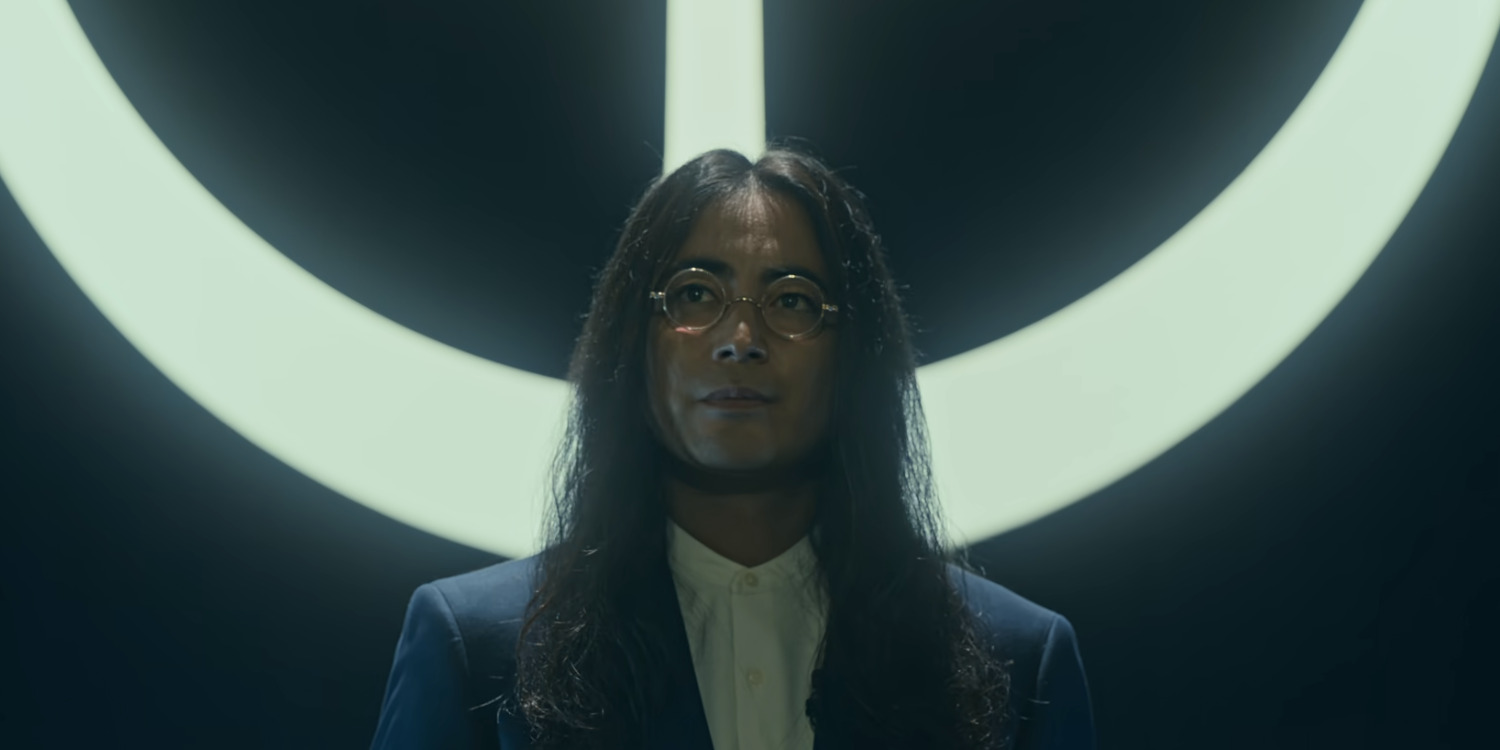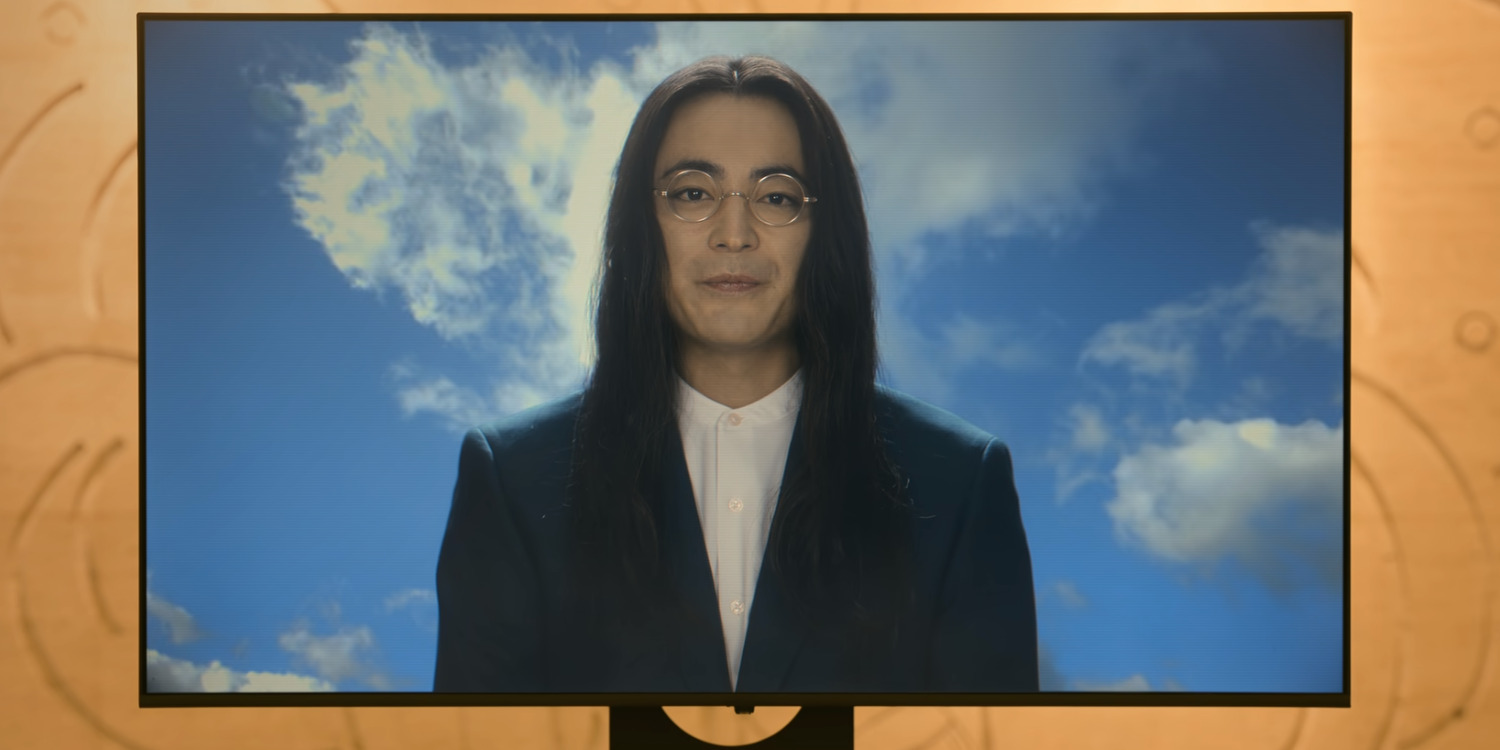‘House of Ninjas,’ a Netflix Japanese show about the nation’s hidden protectors, details the Tawara Shinobi family’s life as the re-emergence of a persistent evil compels them to take up the skills they once attempted to leave behind. Even though Haru grew up trained as a Shinobi, like the rest of his family, a tragic accident pushed his father, Souichi, to insist on a life of normalcy. However, once Tsujioka Yosuke of the rival Fuma clan— assumed to be defeated— pokes his head out of the sand, the Bureau of Nina Management pulls Haru and his family back into the shadows to carry out dangerous missions.
Tsujioka Yosuke, the newfound leader of Fuma, continues the rivalry that started generations ago when the Tawaras wore their ancestor Hanzo Hattori’s name. Thus, he seamlessly assumes the central antagonist rule within the storyline, garnering the audience’s intrigue through his secretive plans. Gentenkai, a religious cult, stands at the center of the man’s plans as the first step toward destruction. Thus, given the cult’s significance, viewers must be wondering if Tsujioka and his organization have a basis in reality.
Tsujioka Yosuke and Gentenkai: Fictional Elements
No, neither Tsujioka Yosuke nor his cult Gentenkai, depicted in ‘House of Ninjas,’ are based on reality. The film often harks back to some real-life history of the Ninjas/Shinobi in Japan, most evidently so in the utilization of the Fuma clan and Hanzo Hattori to instill easy moral dynamics within the story. Consequently, much of the Shinobi lore presented in the show ends up inspired by the reality or mythology of real Ninjas. However, in bringing Ninjas to the modern world as descendants of Fuma and Hattori, the show fictionalizes a majority of its narrative and characters.

Thus, Tsujioka Yosuke, leader of the Fuma clan who assumes the title of the 19th Fuma Kataro, remains rooted in fictionality as an element created by the show’s creative team in service of the story. Similarly, the Gentenkai cult that Tsujioka builds to nurture the Fuma clan hidden in the shadows is also a fictitious element. Within the story, Gentenkai enters the narrative after Haru’s reluctant participation in his friend Karen’s investigation into a recent crime leads the duo to the mysterious naturalist cult.
The cult’s leader, Tsujioka Yosuke, garners a devoted following, constituting young people, by criticizing humanity’s ignorant and entitled treatment of the environment. As such, the naturalist cult preys on people’s morality to turn them into complacent followers of Tsujioka’s ideology. As a result, soon after recruitment, the members form an unhealthy reverence with their leader, offering their blind devotion and adoration to him.
While the surface-level image of Gentenkai and its leader, Tsujioka, paints a relatively familiar image of a political cult, Fuma’s influence over it brings it to a different light. Tsujioka has been using the organization to recruit for his Fuma clan to expand their numbers and harvest labor for their ultimate plan. Thus, the inclusion of such a plot firmly departs the Gentenkai from whatever realism it may possess as a simple political cult.
Thus, even though both Tsujioka Yosuke and Gentenkai retain some elements of authenticity within their depiction as a cult leader and a political cult, neither has an actual basis in either. Likewise, Tsujioka’s portrayal of a ninja warrior also remains rooted in fictionality. Furthermore, his villainy, as a by-product of his connections to the Fuma clan, remains confined to the modern perception of the Fumas, a depiction contested by most historians. Therefore, these elements have little to no connections to reality and remain fictional additions to a fictional story.
Read More: House of Ninjas Ending, Explained

